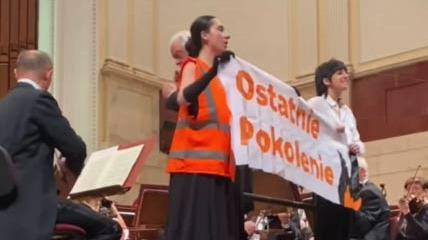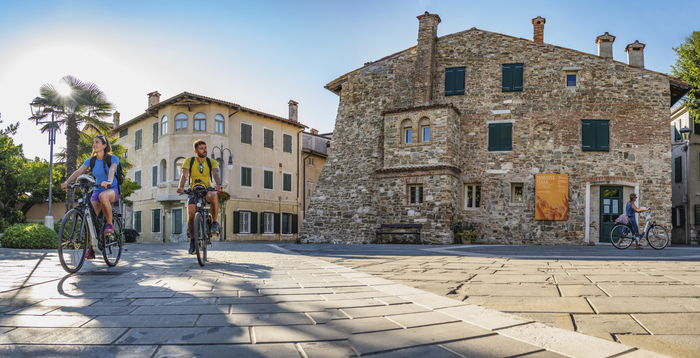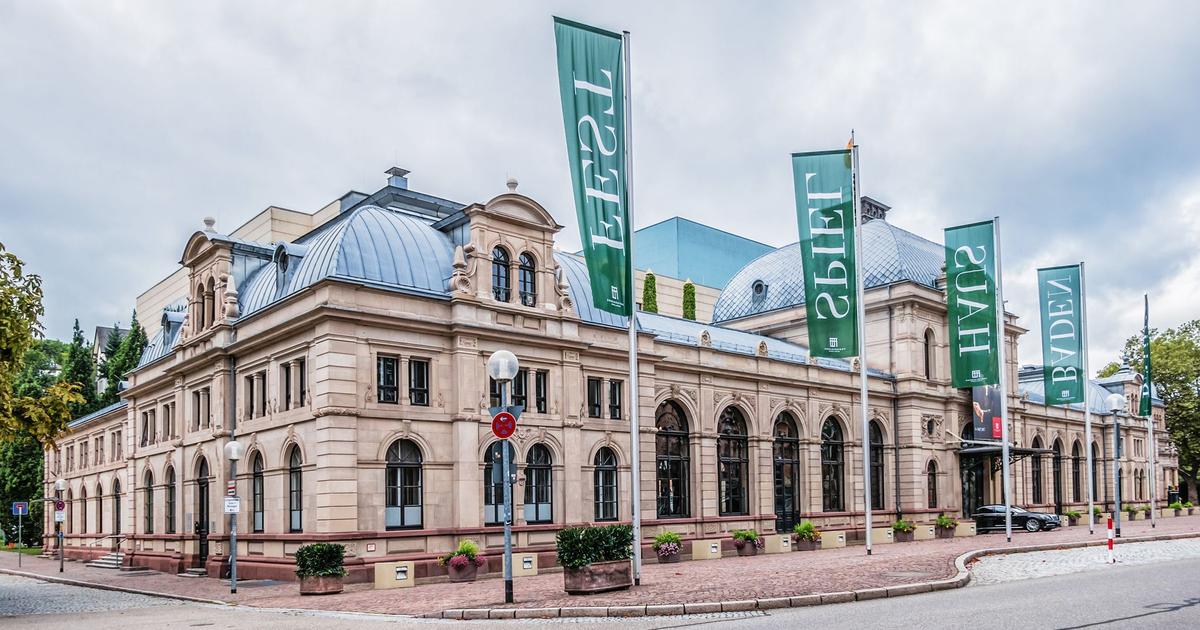Has Nono's “Intolleranza” fallen out of time or can the piece still touch us beyond hollow actuality?
Salzburg answers with an exemplary performance.
There is one place in this immoderate work where today is allowed to break in.
Luigi Nono envisaged "absurdities of today's life" for this.
Exactly 60 years ago, at the premiere in Venice, headlines were read.
“The mother of 13 children was a man”, “Atomic dust is approaching our area” - what you find when reading breakfast.
Later directors tried Heiner Müller's “Sisyphos”, and Peter Konwitschny was hit hard in Berlin in 2001.
A few days after planes crashed into New York, it brought a chronicle of September 11th.
An act of desperation: how can and must opera react to contemporary history?
Which implies: should it even be?
In Salzburg at this point a hell of a laugh rings out.
A blind seer, age-old theatrical topos, confronts the crowd with their mistakes.
And from hundreds (!) Throats it neighs and mocks, deafening, louder than before Nono's wild music.
Until the man utters the bad word, "Truth", and the mood turns into boos.
Facts, that's still to come.
Premiere on the day of the fall of Kabul
At the Felsenreitschule one shudders at these moments. How you think about so many things at this festival premiere without being explicitly shown. It is also the day that Kabul falls, while the huge issue of emigration is being negotiated on the giant stage. And it is becoming increasingly clear that what Jan Lauwers, the Belgian multi-artist, succeeded in doing here could serve as a model for “Intolleranza 1960”.
The piece, with which the composer yells against fascism and oppression and the suffering of the world in general, has always had to fight with a penalty: whether such theatrical agitprop, related to the “Threepenny Opera” by Brecht / Weill, has not been out of date after all?
Lauwers finds a solution that contradicts this.
A total body theater that reaches deep into the work.
Dancers, extras, choristers, soloists, everyone is constantly there and in motion.
A collective that undulates and threatens.
A translation and continuation of Nono's score, at least as complex in its amalgamation of detail and large elevation, all brought to the stage with impressive craftsmanship.
Virtuoso body language of a giant ensemble
Nono's eighty-minute film, premiered in 1961, is about an emigrant who leaves a mining village and his wife to find his livelihood abroad, who then ends up in war, torture and concentration camps, who has a new “companion” and who witnesses a flood disaster, all of that is an unreasonable imposition. For the performers, for the audience. In Salzburg you are exposed to an often irritating, overwhelming event, a constantly changing theater organism from which you can and should pick out details.
Lauwers, who is also responsible for the stage, video and with Paul Blackman for the choreography, shows real moments with the dance ensemble Sead and the Bodhi Project.
Body contact, mistreatment, torture, partly reproduced on the arcade wall through black and white videos.
But this is never mere naturalism, but rather exaggerated and abstracted in this virtuoso, polyglot body language.
When the “companion” remembers earlier, the video shows a woman with her suckling baby, both of whom are covered in blood at some point.
Once the crowd shouts "I can't breathe" - those last words from George Floyd before the US police officer pulled his life off.
+
Outcast and uprooted: Sean Panikkar as an emigrant.
© Maarten Vanden Abeele
Much touches actionism and kitsch. But in its density and in its tightrope walk between concrete, tangible moment and multi-layered long shot, this performance is terrific. Especially since the action calms down and focuses on the emigrant between the two partners. Sean Panikkar sings it with astonishing safety at heights and an intense fitness level. With Anna Maria Chiuri, the "woman" takes on the dimensions of a Cassandra, Sarah Maria Sun as a "companion" undauntedly pushes vocal and physical limits. Victor Afung Lauwers, the director's son, is there as a trembling seer who later wanders through the scene.
As the composer wanted, the orchestral groups are stretched far apart.
The percussion batteries roar to the left and right of the stage, the Vienna Philharmonic glee in the ditch, but also find the right atmosphere for Nono's deadly sad emptiness.
Everything is managed by Ingo Metzmacher with clarified sovereignty.
The opening choir wanders through the room as a band feed, later the Vienna State Opera Choir shows its class live and also a cappella.
The end is a breathless round trip for everyone, a desperate, futile circular movement: one realizes there is no way out.
Just the collapse.
Further performances
on August 20, 26 and 29;
salzburgerfestspiele.at;
Broadcast on August 21, 7.30 p.m., on the Internet on Arte Concert and at 10.15 p.m. on 3sat (afterwards media library).















